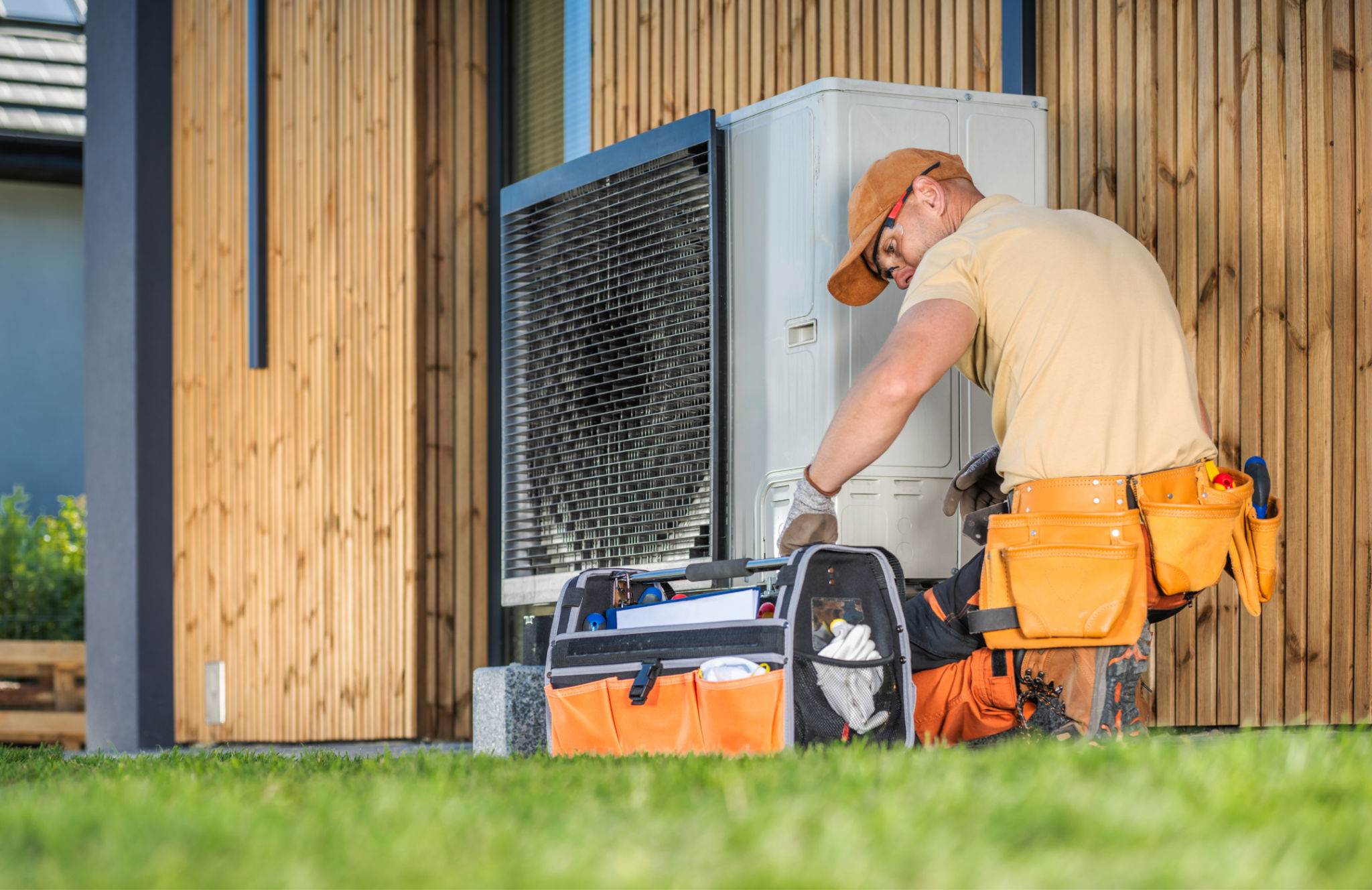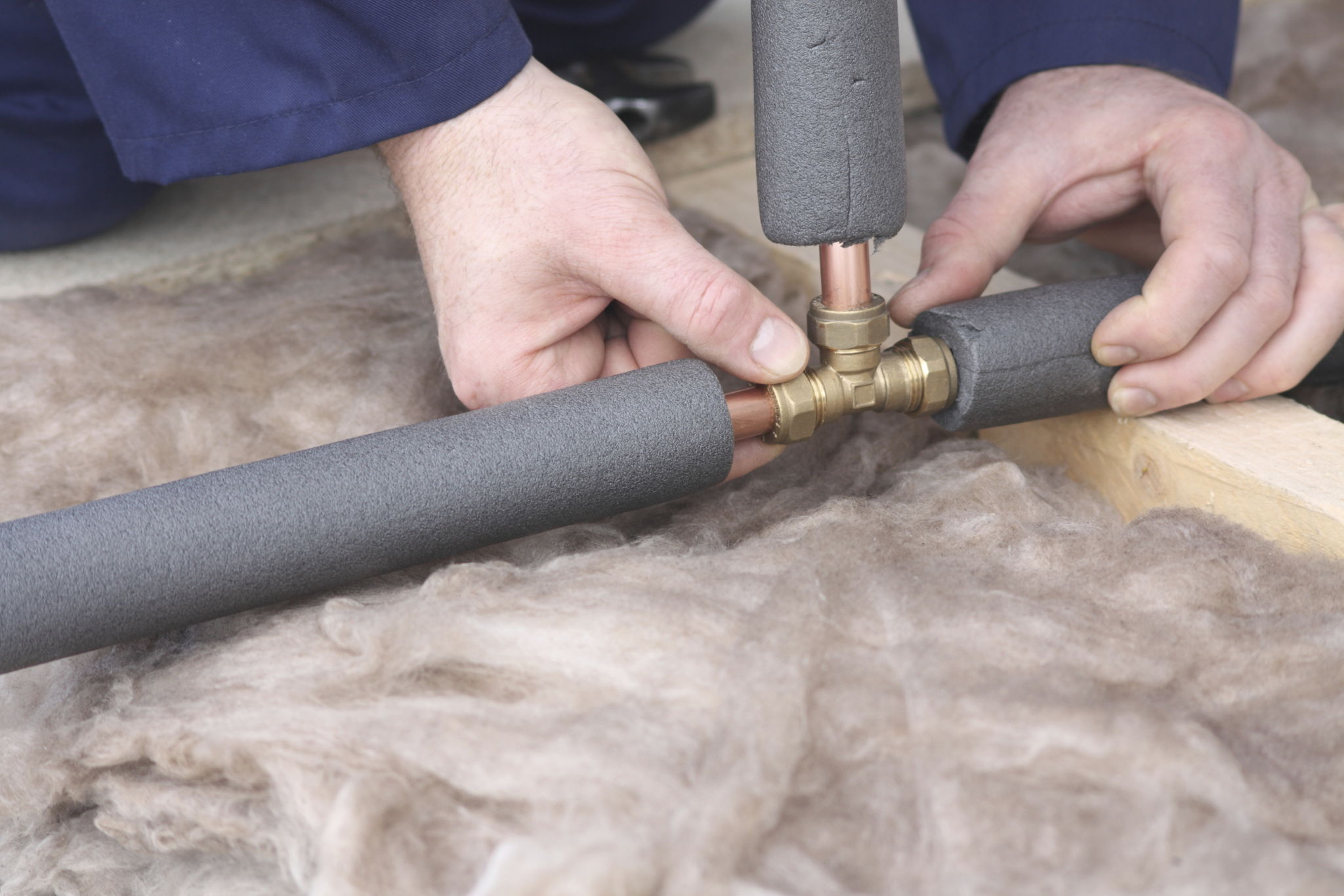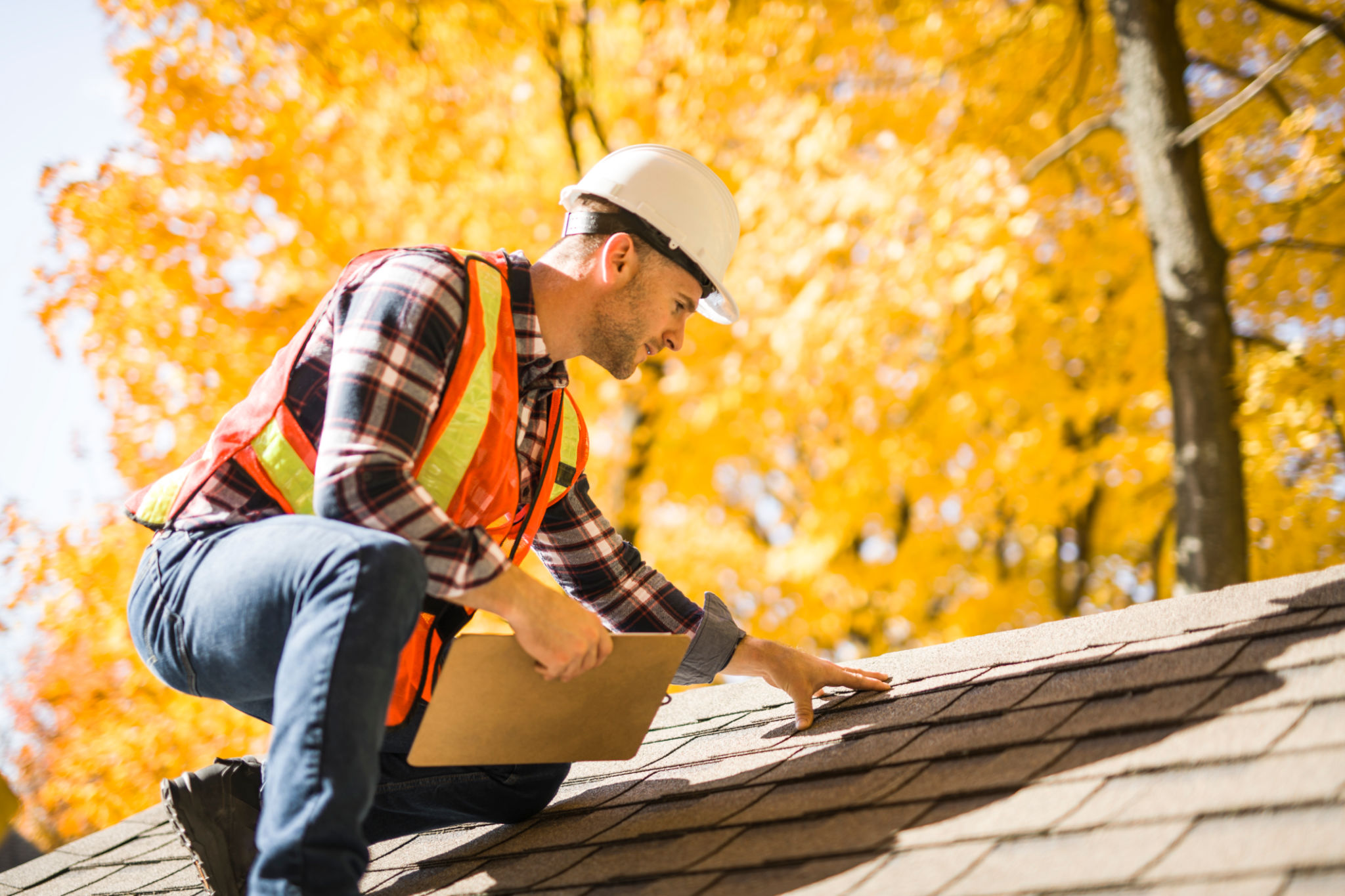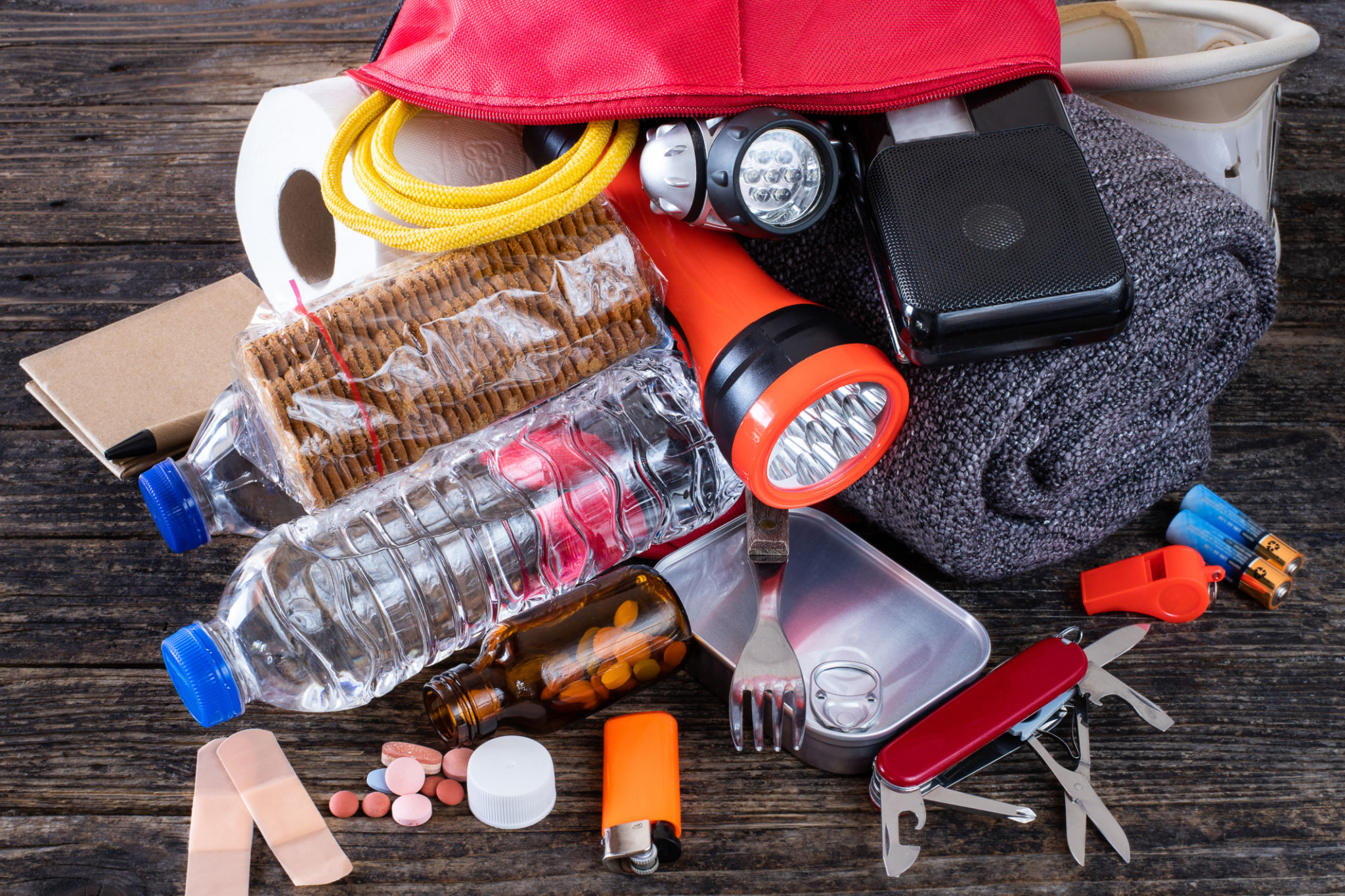How to Prepare Your Home for Winter: Essential Maintenance Tips
NT
Inspect and Clean Your Heating System
As the temperatures drop, your heating system becomes the most crucial component of your home. Begin by scheduling a professional inspection to ensure your furnace or boiler is operating efficiently. Regular maintenance can help identify potential issues before they become expensive repairs.
Additionally, replace the air filters to improve air quality and system efficiency. Clean filters allow for better airflow, reducing energy consumption and ensuring a warm and comfortable home throughout the winter months.

Seal Windows and Doors
One of the easiest ways to improve your home's energy efficiency is by checking windows and doors for drafts. Use weatherstripping or caulk to seal any gaps that let cold air in and warm air out. This simple step can significantly reduce your heating bills.
Consider installing storm windows or thermal curtains for an added layer of insulation. These additions not only keep your home warmer but also protect against the harsh winter elements.
Prepare Your Plumbing
Frozen pipes can cause extensive damage to your home. To prevent this, insulate exposed pipes in unheated areas such as basements, attics, and garages. You can use foam pipe insulation or heat tape for added protection.

Additionally, disconnect garden hoses and drain outdoor faucets to prevent them from freezing. If you have an irrigation system, make sure to shut it down and blow out any remaining water.
Inspect the Roof and Gutters
Before the first snowfall, inspect your roof for damaged or missing shingles and repair them as necessary. A well-maintained roof prevents leaks and keeps your home safe from water damage during winter storms.
Clean the gutters and downspouts to ensure proper drainage. Clogged gutters can lead to ice dams, which can cause water to back up into your home, leading to costly repairs.

Check Your Home's Insulation
Proper insulation is key to maintaining a warm home. Check the insulation in your attic, walls, and basement to ensure it is adequate. Adding insulation where needed can drastically reduce your heating costs by keeping heat inside.
If you're unsure about the insulation levels in your home, consider hiring a professional to conduct an energy audit. This will help identify areas where insulation improvements are needed most.
Test Smoke and Carbon Monoxide Detectors
Winter months often see an increase in home fires due to increased use of heating systems and fireplaces. Test smoke detectors and replace batteries if needed. Ensure you have one on every floor of your home.

Similarly, test carbon monoxide detectors, especially if you use gas heaters or fireplaces. This odorless gas can be deadly, so it's essential to have working detectors throughout your home.
Stock Up on Winter Supplies
Prepare for snowstorms by stocking up on essential supplies like shovels, ice melt, and sand. Having these items on hand will help you manage snow and ice on driveways and walkways efficiently.
Also, consider purchasing a backup generator to keep your home powered during potential outages. This can be a lifesaver during severe winter weather when power lines may go down.
Create an Emergency Kit
Winter weather can be unpredictable, so it's wise to have an emergency kit ready. Include items such as flashlights, extra batteries, blankets, non-perishable food, bottled water, and a first-aid kit.

Keep this kit accessible in case of severe weather conditions that might leave you without power or access to stores for several days.
By following these essential maintenance tips, you can ensure your home is well-prepared for winter. Not only will you keep your family warm and safe, but you'll also protect your property from potential winter damage.
